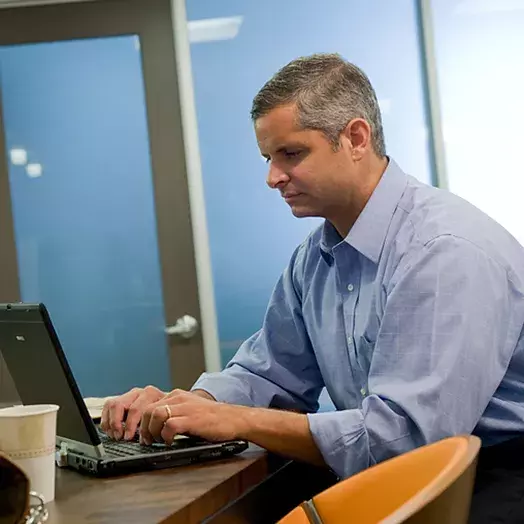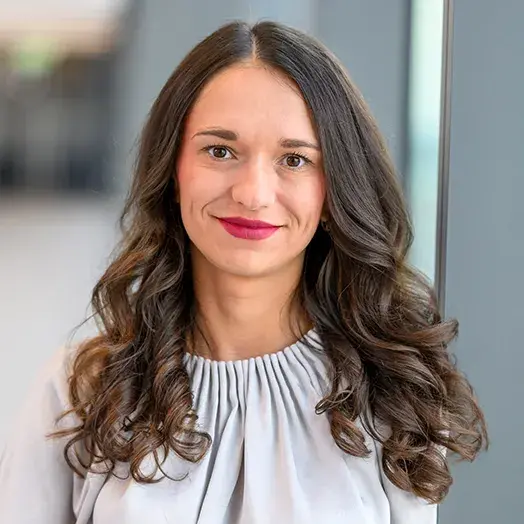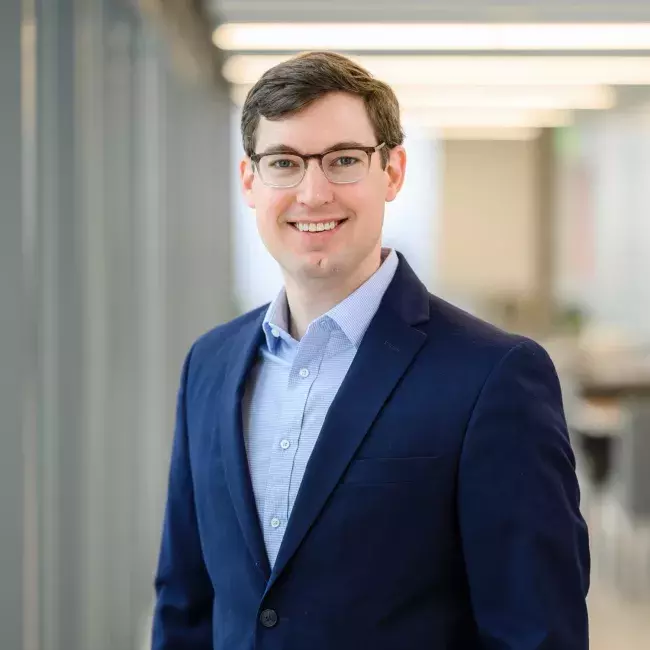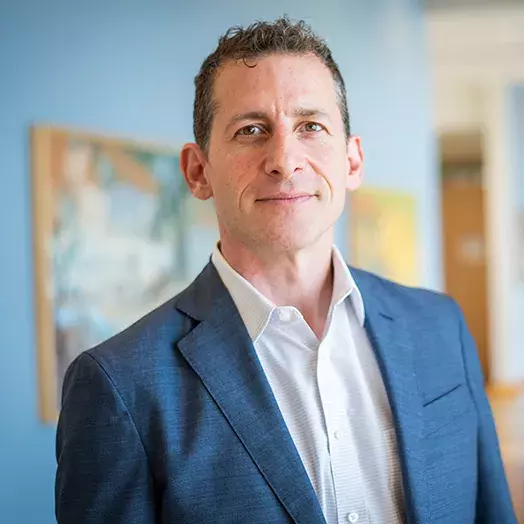
Carey students help Baltimore businesses respond to COVID-19
COVID-19 is causing small businesses to pivot, think creatively, and reimagine their business plans. Through pro bono short- and long-term consulting work and internships, Johns Hopkins Carey Business School students are helping Baltimore small businesses minimize the economic impact of COVID-19.
“Our partnership with the local community is a win-win for everyone,” said Mike Doyle, Carey’s director of experiential learning. “Students have an opportunity to apply practical business skills while helping under-resourced small businesses and organizations. Business owners and students develop a rich, mutually beneficial relationship that strengthens the entire community. When our students graduate, we want them to be active leaders who support small businesses, which are the economic and cultural drivers of any community.”
Empowering local businesses to innovate in the face of market shifts, uncertainty
In response to the COVID-19 pandemic, Carey launched a new course, Strategy Consulting Practicum: COVID-19 Response Team. The course will be taught entirely online beginning in June and will pair students with Baltimore small businesses in the manufacturing, distribution, service, and food and beverage industries. Students will identify and navigate resources, adapt products and services to best reach the consumer, and create business plans that prepare for the chance of uncertainty in the coming months.
Professor Rick Milter, an instructor in the Strategy Consulting Practicum, worked with the experiential learning team to build a course that will help businesses move into the “new normal” of life after COVID-19.
“Of course, each small business will come with specific current challenges that the student teams may well confront; such as keys to more productive manufacturing, sound financial plans, efficient operations, and marketing,” said Milter. “But the main goal of this practicum course is to turn problems into projects and help small business leaders find the best strategies for their next steps into a future that no one of us can fully appreciate.”
Amanda Yardchik (MBA ‘21) was immediately interested in enrolling in the course.
“This is such a crucial time in the world right now, and the thought of helping a business think through the risks and make strategic decisions during this challenging time is one of the most impactful and exciting courses I could ever have the opportunity to take,” said Yardchik.
Students consulting for Baltimore businesses
Students are also embedding with businesses through new consulting opportunities. When student internships with major companies were frozen because of COVID-19 concerns, Carey Business School reallocated funding and created the #BuildForWhatsNext experience, putting students to work in Baltimore. Students will work as consultants in partnership with the Johns Hopkins Office of Economic Inclusion to help small businesses navigate resources, utilize grants, and create strategic plans.
Carey also reimagined existing co-curricular initiatives, offering short-term opportunities for small businesses to benefit from student consulting.
On March 20, over 50 students participated in Scope-a-thon, a half-day speed consulting event partnering student teams with local business owners to tackle new challenges the companies faced as a result of the pandemic. Student teams created a list of innovative, actionable recommendations for local businesses from a variety of industries, including the Wellness Today Spa, Maryland Medicaid Consultants, and the Cylburn Arboretum.
Student work has already had an impact through the Community Consulting Lab. Student teams working with local businesses as part of a six-month pro bono engagement pivoted their projects to address more urgent COVID-19 concerns of their clients.
A group of Carey students working with Umuko Coffee, a socially equitable and single origin coffee company, re-focused on production implications in the wake of healthcare concerns over COVID-19 in Rwanda.
Carey students were also working with the Maryland Society for the Prevention of Cruelty to Animals on a new fee structure. But when the pandemic began and the SPCA was forced to temporarily close its shelters, the Carey team quickly shifted to launch a new marketing campaign and helped place all of the animals with fosters or adopters.
While the experiences are meeting their goal of positively impacting local businesses, they are also leaving their mark on the students.
“We contributed knowledge in class to real-world business. This project enabled us to learn how to apply lots of philosophies to practice,” said Su Theerametharutsiri (MBA ’21), a member of the Community Consulting Lab SPCA team. “And the result is much more meaningful than just a letter grade. The experience is unforgettable.”


